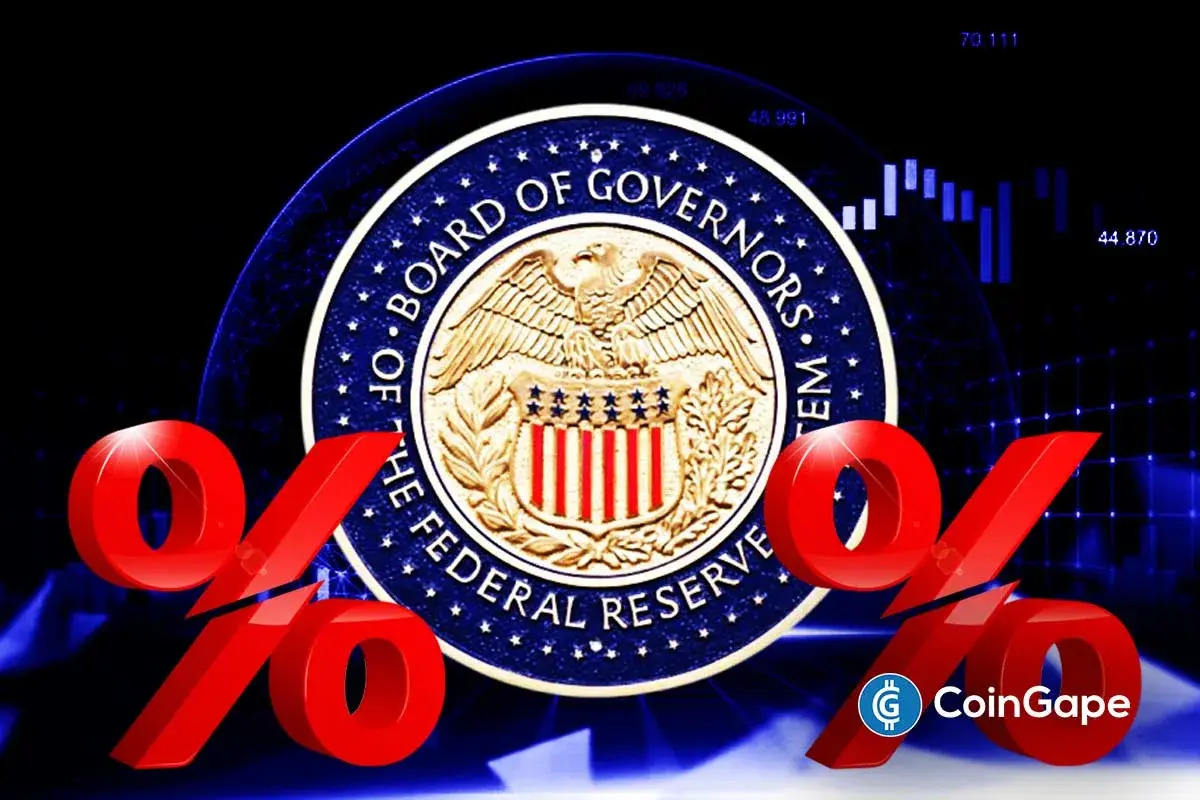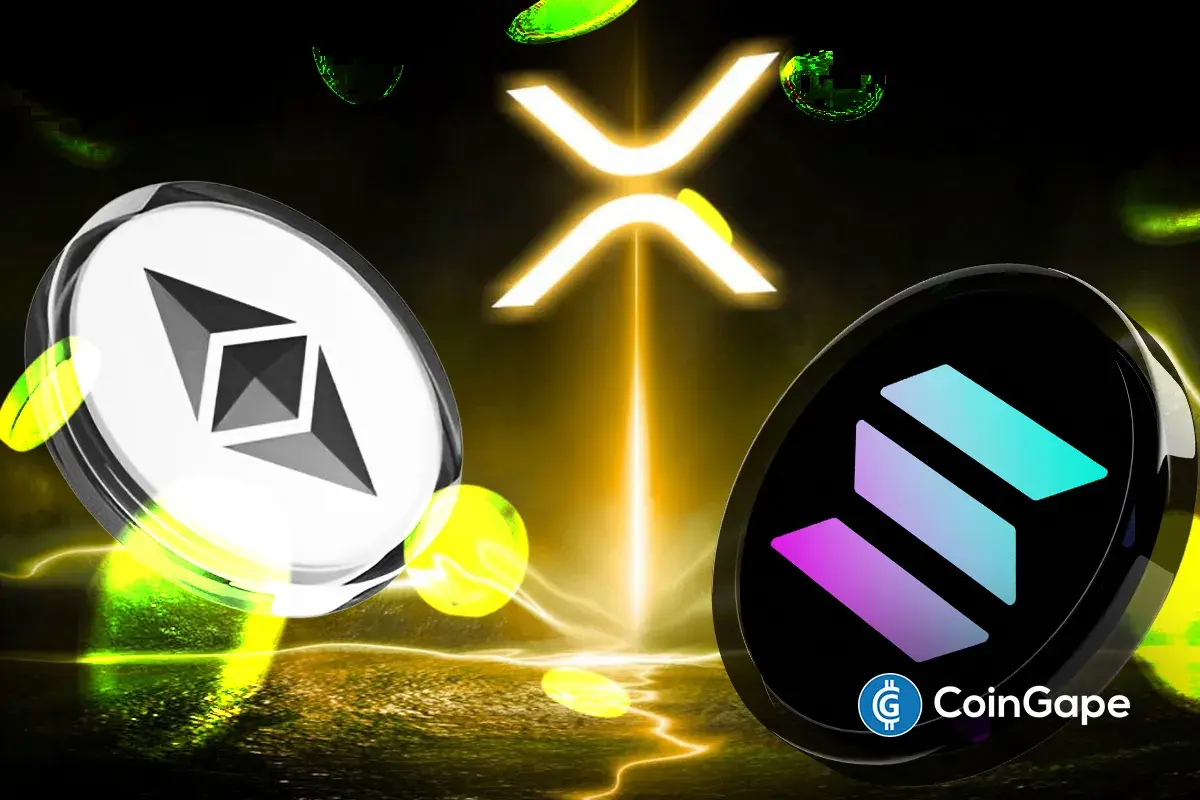Exchange Volume of Defi Tokens on Decline; $MKR $UMA staking on Rise

The Defi craze of 2020 has continued this year as well, the total value locked in various Defi protocols breached $45 billion for the first time. At present, the volume of defi tokens on centralized exchanges compared to its total supply is below 10% for the likes of $UMA, $MKR, $COMP, $UNI, and $SNX. While a few including $AAVE and $BAT has over 15% of its supply on centralized exchanges which is considered bearish for a defi token.

The ratio of exchange volume of these tokens compared to total supply suggest how much the token is being used for various purposes such as staking, institutional buying, and DEX user. A percentage below 5 is considered healthy for a defi token. As per the current volumes $UMA, $MKR, and $COMP look bullish while $BAT with over 15% exchange supply looks bearish.
Centralized exchanges' holdings / total circulating supply =
???? Under 10%$UMA: 2.7%$MKR: 3%$COMP: 4%$UNI: 7%$SNX: 7.5%
???? 10-15%$LINK: 12.7%$SUSHI: 12.7%$BTC: 12.7%$YFI: 13%
???? Over 15%$AAVE: 17%$ETH: 17.5%$BAT: 19.5%
Chart ???? https://t.co/fd9wX9qCMX
— Ki Young Ju 주기영 (@ki_young_ju) March 18, 2021
For $MKR, exchange holdings are decreasing, and fewer tokens on exchanges compared to the total supply. For $BAT, exchange holdings are increasing meaning holders are transferring it for selling on centralized exchanges.

The Changing Defi Dynamics
The Defi ecosystem works on top of the Ethereum network primarily dealing in ERC-20 tokens or any other Ethereum based token protocol. However, during this bull season the growing demand for ETH and rising popularity of Defi has made the Ethereum network quite sluggish with high gas fees. The rising gas fee in the recent past has made many Defi protocols barely usable as even a simple swap was costing on average $4-$5.
In the wake of growing scalability issues on the Ethereum network, several alternatives have gained a lot of traction in the recent past especially Binance Smart Chain (BSC). BSC has risen as the go-to option for most of the Defi projects and even spot traders as it offers a very lower transaction fee and mimics ethereum network’s functionality.
- CLARITY Act: Bessent Slams Coinbase CEO, Calls for Compromise in White House Meeting Today
- Crypto Traders Reduce Fed Rate Cut Expectations Even as Expert Calls Fed Chair Nominee Kevin Warsh ‘Dovish’
- Crypto, Banks Clash Over Fed’s Proposed ‘Skinny’ Accounts Ahead of White House Crypto Meeting
- XRP News: Ripple Expands Custody Services to Ethereum and Solana Staking
- Bernstein Downplays Bitcoin Bear Market Jitters, Predicts Rally To $150k This Year
- Cardano Price Prediction as Bitcoin Stuggles Around $70k
- Bitcoin Price at Risk of Falling to $60k as Goldman Sachs Issues Major Warning on US Stocks
- Pi Network Price Outlook Ahead of This Week’s 82M Token Unlock: What’s Next for Pi?
- Bitcoin and XRP Price Prediction as China Calls on Banks to Sell US Treasuries
- Ethereum Price Prediction Ahead of Feb 10 White House Stablecoin Meeting
- Cardano Price Prediction as Midnight Token Soars 15%















